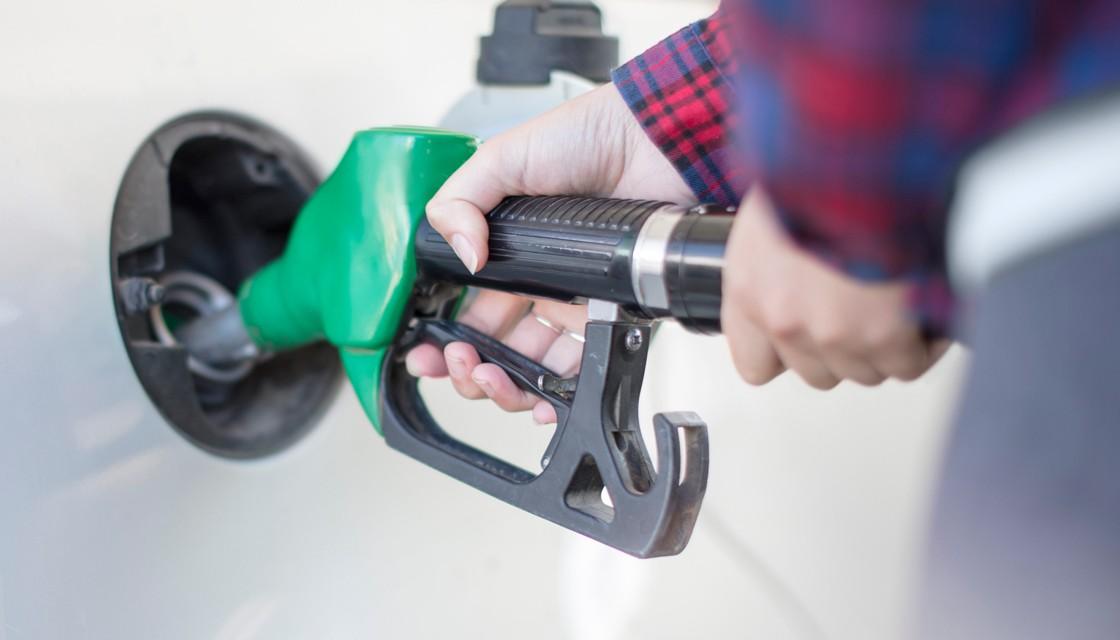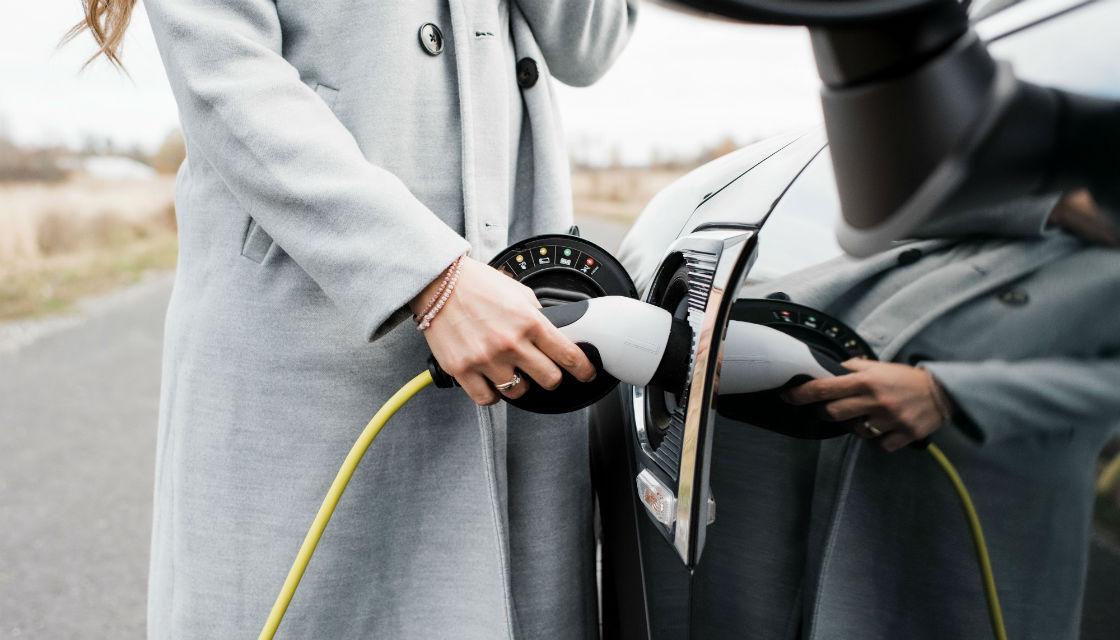
The United Kingdom will ban the sale of new cars that run only on petrol from 2030, in an attempt to tackle climate change and have a "green industrial revolution".
The Government said in a statement on Wednesday it will end the sale of new petrol and diesel vehicles five years earlier than previously planned, but sales of new hybrid vehicles will be allowed to continue until 2035.
The ban is part of a 10-point plan for what Johnson calls a "green industrial revolution" that he anticipates will create and support up to 250,000 jobs. This plan includes £12 billion (NZ$22.9 billion) of government investment, but Johnson hopes the private sector will contribute three-times that amount.
"Although this year has taken a very different path to the one we expected, I haven't lost sight of our ambitious plans to level up across the country," he said in a statement.
"The recovery of our planet and our economies can and must go hand-in-hand."
To help the sale of greener vehicles, the government is investing £1.3 billion (NZ$2.4 billion) in electric vehicle charge points, £582 million (NZ$1.1 billion) in grants for people who buy zero or ultra-low emission cars, and nearly £500 million (NZ$958 million) in the next four years to develop and produce electric vehicle batteries.
The plan was welcomed by the UK's Society of Motor Manufacturers and Traders, who said it shares the government's plan to decarbonise road transport.

"We are pleased, therefore, to see government accept the importance of hybrid transition technologies - which drivers are already embracing as they deliver carbon savings now - and commit to additional spending on purchase incentives," chief executive Mike Hawes said.
"Investment in EV manufacturing capability is equally welcome as we want this transition to be 'made in the UK', but if we are to remain competitive - as an industry and a market - this is just the start of what's needed."
Hawes said success will depend on reassuring customers that they can afford electric vehicles, these cars will serve their needs, and they can recharge as easily as other cars refuel.
After 2030, drivers will still be able to use their non-electric cars on the road and buy second-hand petrol cars - it doesn't mean they have to get rid of their petrol car.
Johnson's plan also includes installing 600,000 heat pumps a year until 2028 to make homes and schools more energy-efficient, and quadrupling the production of offshore wind to power every UK home.


